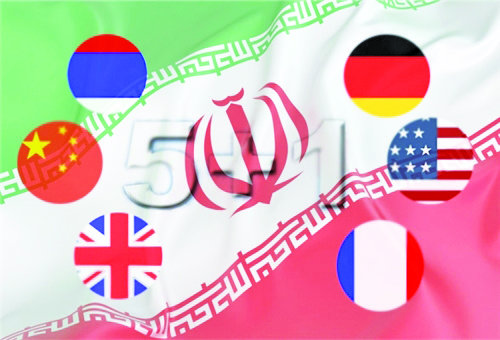JCPOA parties hold 5th Joint Commission in New York

TEHRAN – Deputy foreign ministers of six world powers and Iran were to convene at New York on Wednesday afternoon for a brainstorming session on the quality of the implementation of the nuclear deal they came up with in July 2015 with Tehran insisting that it is not reaping economic gains as calculated.
It is the fifth time in nearly 14 months after the conclusion of the deal that the signing countries are coming together, this time on the sidelines of the 71st United Nations General Assembly.
Under the JCPOA, a Joint Commission of the seven signing countries monitors the implementation of the deal to address issues arising from the enforcement of the pact.
High on the agenda of the fifth commission will be the banking dilemma, which Tehran cites as a major obstacle to the realization of what it expected from the landmark deal.
EU Foreign Policy deputy chief Helga Schmid, and Iranian deputy foreign ministers Aabbas Araqchi and Majid takhtravanchi co-presided over the session.
International banks, particularly the European ones, have shown no enthusiasm for re-engaging their Iranian counterparts, citing possible fines by the U.S.
The two sides have agreed to refer complaints to the Joint Commission for resolution if either side believes the other side has fallen short of meeting its commitments under the deal.
Ali Akbar Salehi, head of Iran’s Atomic Energy Organization, had attacked, in a recent interview with the Guardian, lack of progress on banking transactions and trade months on since Implementation Day (January 16).
“As has been stated by the International Atomic Energy Agency (IAEA), Iran has remained committed to its commitments,” Salehi said. “While the other side – it’s very clear now to public opinion and it’s not a secret – has not really delivered on the promises; that the sanctions would be removed and that banking transactions would go back to normal, that trade would speed up and economic relations would be enhanced. These have not been materialized to the extent that we expected.”
In a similar vein, on the sidelines of the Euromoney Iran Conference in London in May, Iran’s central bank governor Valliollah Seif said, “Some movement and Western officials have made some positive pronouncements, but banks need tangible reassurances that they would be immune from baseless allegations [of sanctions breaches].”
Iran says it is up to the Western side to soothe banking concerns voiced by international banks.
The banking issue, a major sticking point, has prevented a $50-billion deal to go through between Iran and Airbus and Boeing, awaiting the green light from the U.S. Treasury's Office of Foreign Assets Control (OFAC).
In addition to the deputy level meeting, foreign ministers of the seven countries will hold a session on Thursday to review and assess progress and to make appropriate decisions by consensus just in case.
According to the JCPOA, a ministerial level meeting will be held every 2 years for assessment purposes.
AK/PA
